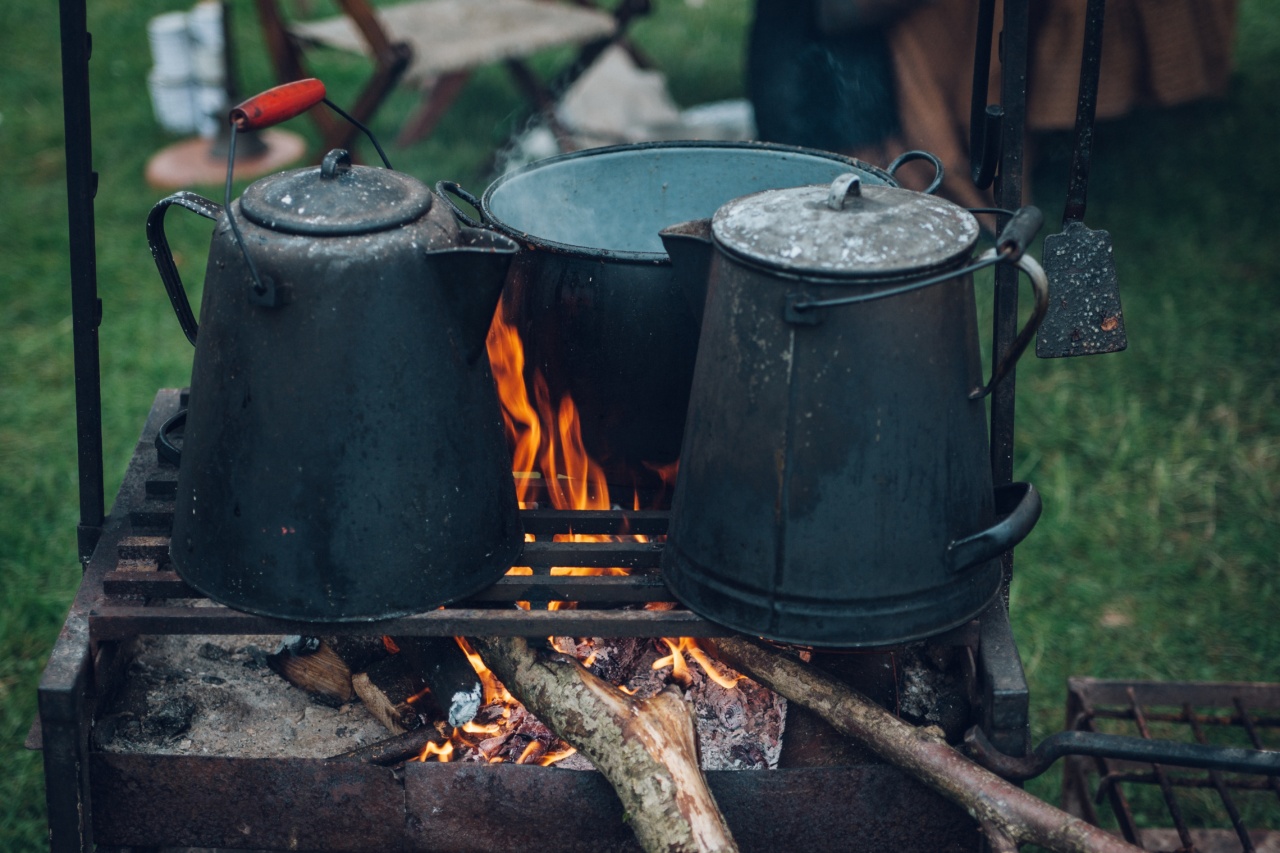Iron is an essential nutrient that is important for the growth and development of children. Iron deficiency is a common nutritional problem, especially among infants, young children, and pregnant women.
Iron is important for producing hemoglobin, which carries oxygen in the blood. Without enough iron, the body cannot make enough red blood cells, which can lead to anemia. If left untreated, iron deficiency anemia can lead to delays in growth and development, reduced immune function, and impaired cognitive function.
Why is Iron Important for Kids?
Iron is important for children at every stage of their growth and development. Here are some reasons why:.
Brain development and cognitive function
Iron is important for brain development and cognitive function. Children with iron deficiency may have lower IQ scores and poorer academic performance.
Growth and development
Iron is important for growth and development. Children who are iron deficient may experience delays in growth and development, along with problems with their immune system.
Motor development
Iron is important for motor development. Children with iron deficiency may experience delays in motor development, including delayed walking and crawling.
Foods that Contain Iron
There are two types of dietary iron: heme iron and non-heme iron. Heme iron is found in animal products, such as red meat, poultry, and fish. Non-heme iron is found in plant-based foods, such as beans, lentils, fortified cereals, nuts, and seeds.
Here are some iron-rich foods to include in your child’s diet:.
Meat, poultry, and fish
Red meat, poultry, and fish are all good sources of heme iron. Examples include beef, lamb, chicken, turkey, pork, salmon, and tuna.
Beans and lentils
Beans and lentils are good sources of non-heme iron. Examples include kidney beans, chickpeas, black beans, navy beans, lentils, and soybeans.
Fortified cereals
Fortified cereals are a good source of iron. Look for cereals that are fortified with iron and other nutrients. Be sure to check the label, as not all cereals are fortified.
Nuts and seeds
Nuts and seeds are good sources of non-heme iron. Examples include almonds, cashews, pistachios, pumpkin seeds, and sesame seeds.
Iron Recommendations for Children
The American Academy of Pediatrics recommends the following iron intake for children:.
- Infants (0-6 months): 0.27 mg/day
- Infants (7-12 months): 11 mg/day
- Children (1-3 years): 7 mg/day
- Children (4-8 years): 10 mg/day
- Children (9-13 years): 8 mg/day
If your child is not getting enough iron from their diet, talk to your pediatrician about whether they need an iron supplement.
Conclusion
Iron is an essential nutrient that is important for the growth and development of children. It is important to include iron-rich foods in your child’s diet to ensure they are getting enough iron.
If you are concerned your child may not be getting enough iron, talk to your pediatrician.






























